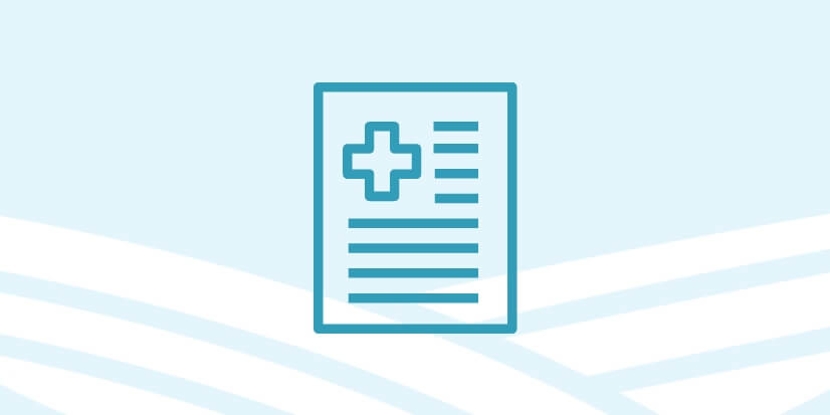All choked up — Treating acid reflux
- Category: Blogs, Newsletter
- Posted On:

Acid reflux and heartburn are extremely common—so much so that they can lead to a more serious condition called GERD.
GERD (gastroesophageal reflux disease) is the chronic backward flow of stomach acid into the esophagus. It occurs when a valve at the base of the esophagus does not close properly. The most common GERD symptoms are heartburn and regurgitation, which affect approximately one in five Americans.
Treatments for GERD include medications, such as antacids and prescription medications, and surgery. Patients often respond well to a combination of lifestyle changes and a medication regimen, according to John Hopkins Medicine. But when these approaches are unsuccessful, transoral incisionless fundoplication (TIF) can be a long-lasting and safe option.
TIF uses a flexible, camera-equipped device to rebuild the poorly functioning gastroesophageal valve, the root cause of GERD. This process of restoring the valve to its natural state takes approximately 30-45 minutes to complete. The result is a faster, less painful recovery compared to traditional open or laparoscopic surgery.
Anyone can develop GERD. However, some people are at higher risk for it. The chance of developing mild or severe GERD increases after age 40, according to the Cleveland Clinic. Additionally, an individual is more likely to have GERD if he or she is overweight/obese, pregnant, a smoker, or takes certain medications that may cause acid reflux.
Preventing GERD
The Cleveland Clinic offers the following tips to help prevent GERD symptoms:
- Achieve and maintain a healthy weight.
- Eat small, frequent meals rather than large amounts a few times a day.
- Avoid foods that trigger heartburn, including those that are fatty, spicy, or fried.
- Sit upright while eating and stay upright (sitting or standing) for 45-60 minutes afterward.
- Avoid eating before bedtime.
- Avoid clothes that are tight in the stomach area. They can squeeze your stomach and push acid up into the esophagus
- Stop smoking.
Talk to your healthcare provider if you regularly experience acid reflux/ heartburn, or constantly take heartburn and antacids and your symptoms keep returning.



